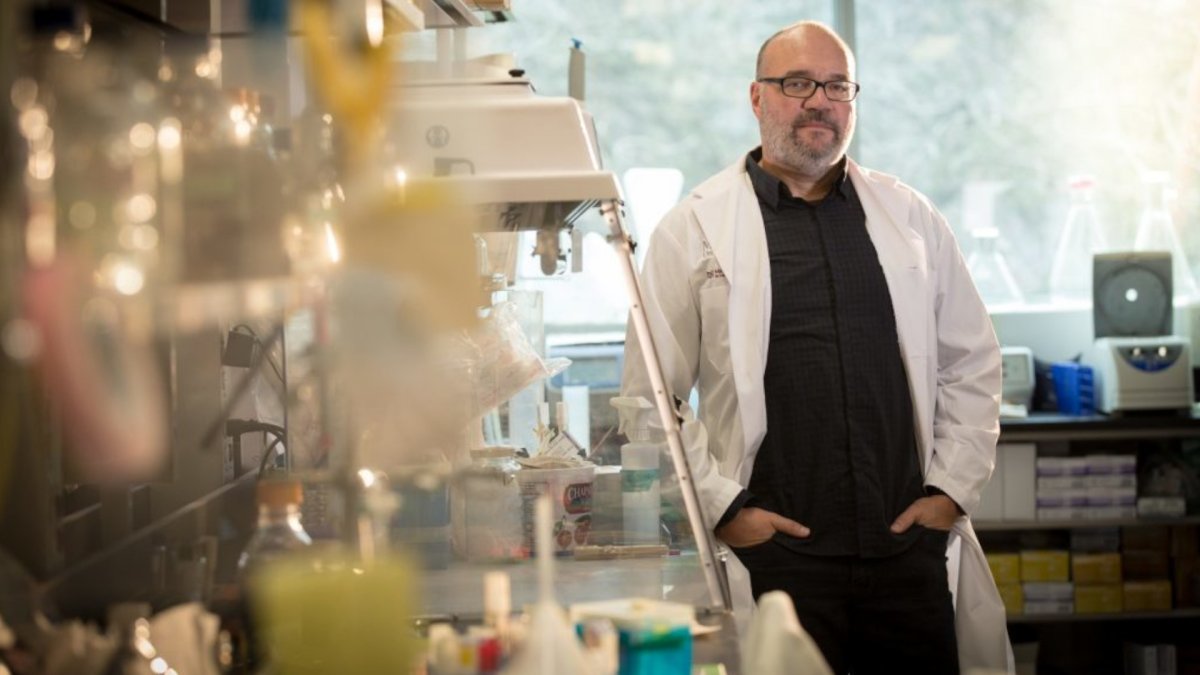Researchers from McMaster and the University of Hamburg say a new compound derived from common soil has the properties to kill one of the most devastating infectious diseases outside of COVID-19.

Researcher Gerry Wright told 900 CHML’s Good Morning Hamilton a study that extracted molecules from a number of samples around the world, including some from his mother’s backyard in Florida, revealed a specific type of bacteria that lived in dirt was effective in combating malaria.
“So she had an orange tree in the back and we went and got a little sample there,” Wright said.
“And that’s where this specific bacteria comes from, but we have a collection of about 15,000 that matched bacteria and fungi that live in the dirt and make all these amazing compounds.”
The study on the potential malaria-killing compound, published in Cell Chemical Biology, shows the new compound molecule — tagged PDE-I2 — has potent properties similar to those of previously known duocarmycins, which are toxic to humans since they pretty much destroy everything in their path.
After about a decade of testing bacteria samples shipped between Hamilton and Hamburg, the researchers eventually stumbled on the right compound that was a potent malaria-killing material without adverse side effects.

Get weekly health news
In simplest terms, the bacteria is derived from elements that give dirt its smell after it rains.
“We know that it’s a thousand times more toxic to the malaria parasite than it is to humans. Now it’s a matter of trying to figure out whether or not we can package this in some kind of way to be able to turn it into a medicine,” Wright said.
The results come at a time when health organizations around the world struggle with antibiotic resistance. Malaria is becoming a disease of concern, according to Wright, as climate change is pushing malaria-carrying mosquitoes to new places.
Typically, the disease is one of tropical and subtropical regions around the equator including much of sub-Saharan Africa, Asia, and Latin America. However, it is known to affect North Americans who travel.
The World Health Organization estimates that malaria was responsible for more than 400,000 deaths and 229 million infections in 2019 alone.
Wright said a review of the new compound is in the pre-clinical stages at present.
“So we’re testing it out on animals, making sure that it’s all safe,” Wright said.
“It’s just now a matter of trying to figure out whether or not it has the correct properties to get it into people.”













Comments